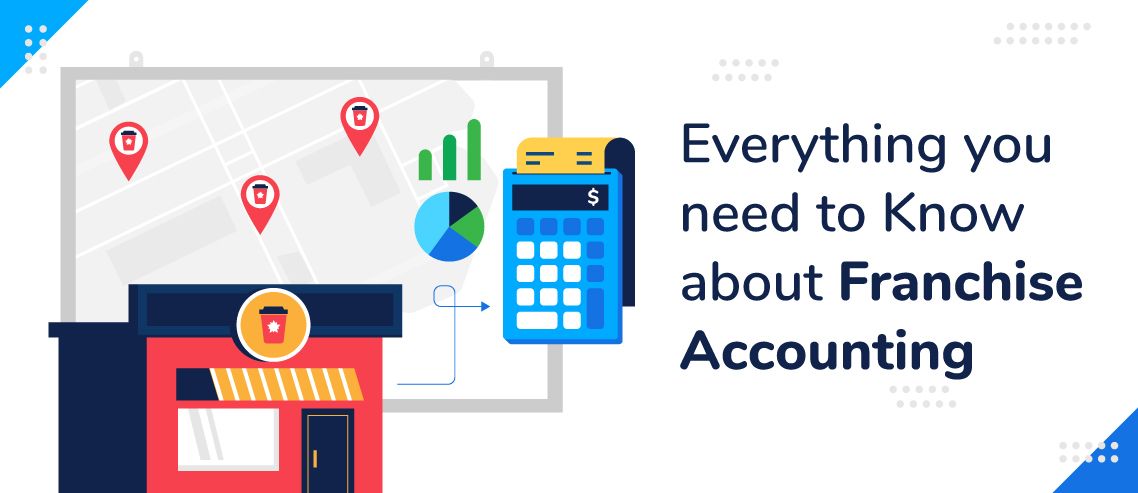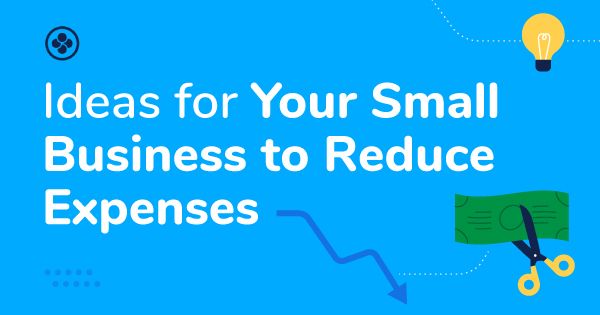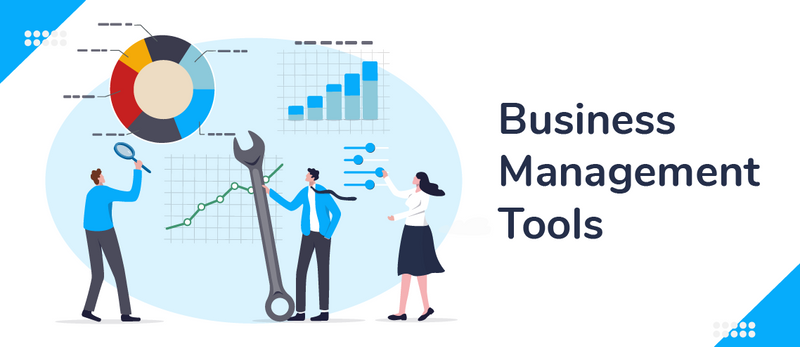Everything You Need to Know About Franchise Accounting

When you run a business, your first goal always needs to be to stay afloat and, ideally, make a profit too. To do that, you need to keep track of your finances and understand what your expenses are, and what your cash flow is.
That’s where accounting can help. Whether you’re running a mom-and-pop pizza shop or starting your own franchise, proper accounting and bookkeeping is an essential part of running a successful business.
For the most part, franchise accounting is the same as non-franchise accounting, but there are a few idiosyncrasies you need to keep in mind.
If you’re new to entrepreneurship and need help getting started with accounting for your franchise, you’re in the right place. Here, we’re going to cover everything you need to know about franchise accounting, including how to do it yourself and how to know if you need to hire a professional.
What Is Franchise Accounting?
First, let’s define accounting. Accounting is simply keeping records of financial transactions related to your business.
So, if you close down the day at your pizza shop, count up the money in the register, and write that down in your financial records, you’re accounting.
When it comes to a franchise business, the same basic principles of accounting remain the same: you’re still just keeping records of your financial transactions, but with franchise accounting, you’re doing it in the context of a franchise.
Why does this deserve a separate designation instead of being lumped in with accounting in general? Franchises have a few different unique fees and expenses that aren’t present in non-franchise situations.
Plus, when it comes to hiring a professional, some accountants specialize in franchises, so it’s good to be clear about what you’re looking for.
How To Do It
Let’s start getting into the nitty-gritty: how exactly do you account for a franchise?
There is no simple answer. Professional accountants typically have a bachelor’s degree in accounting or a related field along with a professional certification on top of that. Properly accounting for a franchise can be a complex matter, and you’ll often need to hire a professional.
But if you want to get a better handle on the process or want to give it a try yourself, here are some tips to get you started.
Keep Track of Expenses and Revenue
All businesses have certain things in common, like overhead costs, revenue, and profits. This is where your accounting will typically need to start.
Some of the things you’ll need to keep track of include employee scheduling and salaries, rent, utility costs, and raw material costs.
Of course, you’ll also need to keep track of the revenue your business is making so that you can understand your cash flow situation and how much profit you’re making.

Account for Unique Franchise Costs
Wrapped up inside some of those expenses are common franchise costs. These include:
- Initial fees: The fee you pay upfront to start your franchise. While some people mistakenly think that the initial fee covers startup costs, it actually only pays for the right to use the franchisors name, branding, and other similar assets. Think of it like a membership fee.
- Amortizing initial fees: In many cases, franchisees have the option of paying off their initial fees over time, like they would any other loan. This is referred to as amortizing the initial fees. If this is the case, franchisees will need to keep track of these monthly fees until they are paid off.
- Royalty fees: Franchisees pay royalty fees to the franchisor each month. They are typically calculated as a percentage of revenue, and the franchisor collects them in exchange for allowing the franchisee to use its branding.
- Marketing fees: Like royalty fees, marketing fees are a monthly expense. Franchisors spend lots of money on marketing, and since franchisees benefit from it too, they are required to pay a fee to cover marketing costs.
Do You Need To Hire an Accountant?
While it’s possible to get started with some basic accounting yourself, it’s important to remember that professional accountants go through several years of training to learn how to do their jobs. It isn’t realistic to expect that you’ll be able to do the same without any training.
If you already have an accounting background, you probably won’t need to hire an accountant. However, if you’re running a franchise, you’ll likely want to work with one so that you can focus on other aspects of your business.
If you don’t have an accounting background, then chances are you’ll want to hire a professional accountant. Certified accountants have years of experience in accounting and bookkeeping, that they can draw on to make sure that you don’t make any costly mistakes in your books and are able to identify risks before they become issues.
As mentioned earlier, some accountants have specific knowledge and expertise in franchise accounting, so they can ensure that you get your business started on the right foot. What’s more, you can even hire accountants who have experience with your brand in particular, which can prove invaluable. Or, instead of hiring an accountant, you may need a CPA. A CPA can do things an accountant can’t, such as send your tax returns to the IRS. Understanding CPA compensation and benefits can help you decide whether hiring a CPA is the right option.
In short, it’s not entirely necessary to hire an accountant, but it can end up saving you a lot of trouble, time, and potentially money in the long run.
Wrapping Up
Franchise accounting is the application of accounting to franchises. It functions much like non-franchise accounting, but it takes the unique fees associated with franchises, like royalty fees, amortizing initial fees, and marketing fees, into consideration.
Franchisees can get started with accounting on their own, but hiring a professional accountant is often a good idea. Doing so can help franchise owners avoid mistakes, get their business started right, stay aware of risks, and save time so they can focus on other aspects of their business.
JD enjoys teaching people how to use ZoomShift to save time spent on scheduling. He’s curious, likes learning new things everyday and playing the guitar (although it’s a work in progress).



